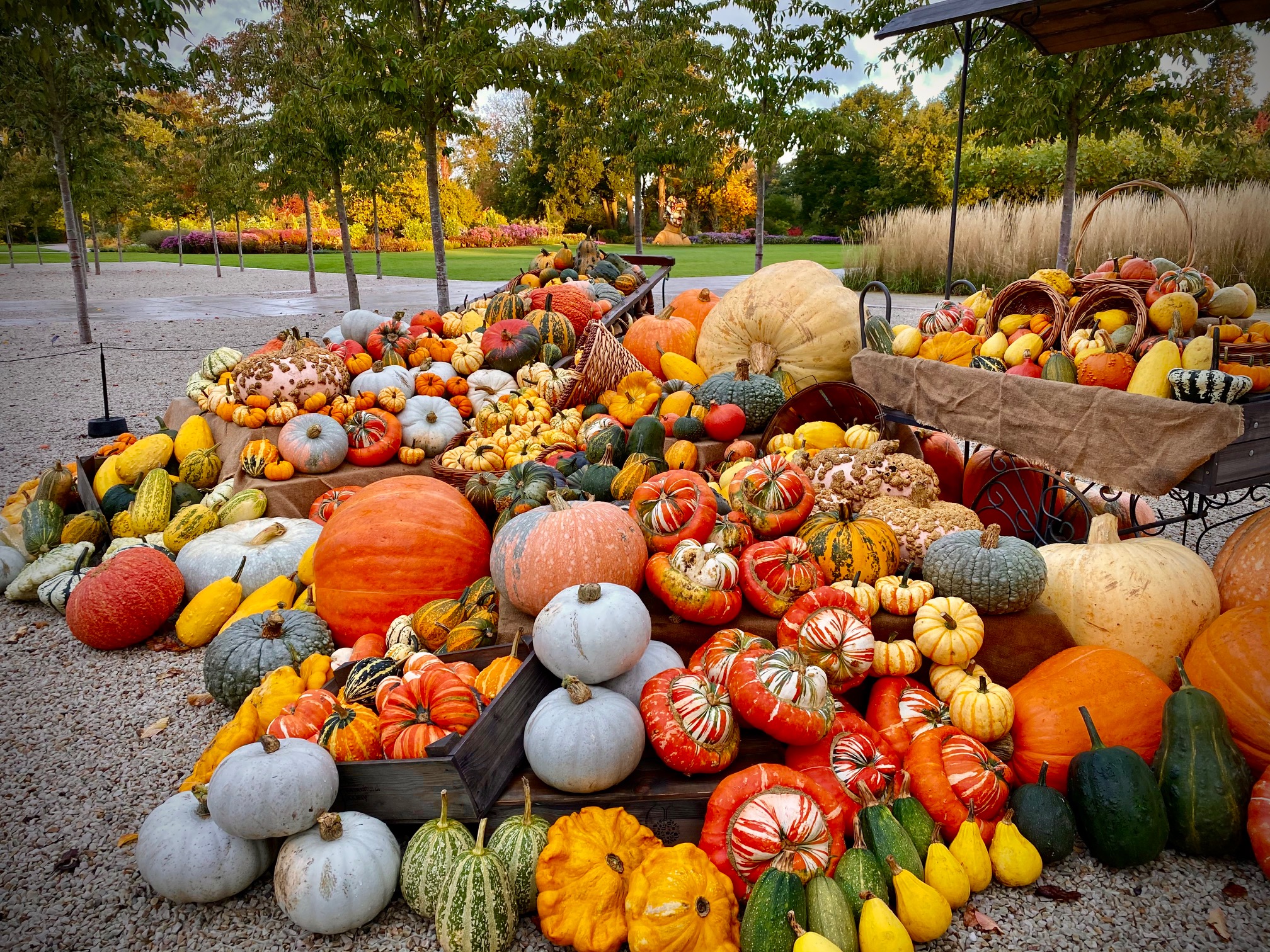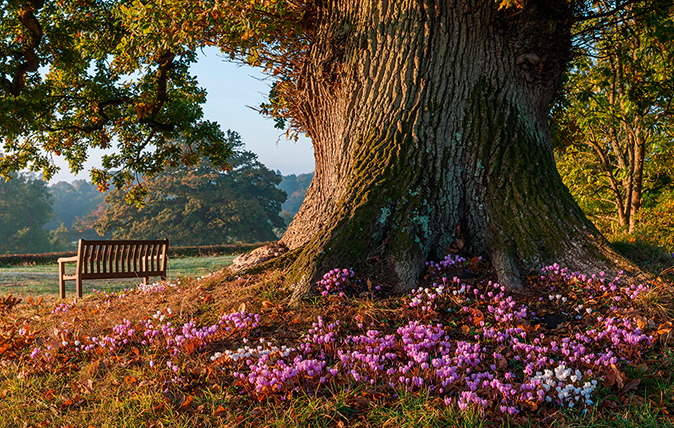Curious Questions: Is a pumpkin a fruit or a vegetable?
The rows upon rows of ghoulish, glowing squash down your street can only mean one thing: it’s Halloween. But have you ever stopped to wonder whether a pumpkin is a fruit or a vegetable? Alexandra Fraser investigates.


Exquisite houses, the beauty of Nature, and how to get the most from your life, straight to your inbox.
You are now subscribed
Your newsletter sign-up was successful
The humble tomato has long captivated the attention and intrigue of avid classifiers with one simple question: fruit or vegetable?
This line of discussion often comes with its own script. Are its seeds on the inside or the outside? Does it grow in the ground or on a tree? Would you put it in a pie or on a tart? The science behind these questions may be flawed, but they’re still trotted out every time the discussion comes to light at a dinner party or in a supermarket. Simple enough to answer initially, they rarely yield a conclusion that pleases everyone present.
'But, it is a vegetable. It just is,' says your older brother in a fairly condescending tone as he stirs a large pot of scrambled eggs at breakfast, while you wonder whether the subject of the discussion would still retain its throwing integrity once grilled.
Although the Supreme Court ruled in 1893 that, under U.S. customs regulations, the tomato should be classified as a vegetable, horticulturists across the pond are not so quick to accept their edict.
This season, as the chlorophyll in our leaves starts to break down and reveal the russets, yellows and jewel-like purples of autumn, a new question has been brough to light, one that requires extensive discussion and a definitive answer. That question is: Is a pumpkin a fruit or a vegetable?
The answer should be simple, shouldn’t it?
Spoiler alert: it absolutely is not.
Exquisite houses, the beauty of Nature, and how to get the most from your life, straight to your inbox.
'Botanically, it’s a fruit grown as a vegetable, but used as a fruit in pies or a vegetable in soups,' says Guy Barter, Chief Horticulturist at the RHS.
So, it’s a fruit. Done and dusted, yes? Not quite, warns Guy.
'Pumpkins are always in the vegetable section of books and seed catalogues.'
And the confusion begins again. Pumpkins aren’t the only fruit/vegetable to suffer under a veil of uncertainty, either.
'Melons, also a botanical fruit, though never used as a vegetable, are grown in the same way as a vegetable, but always considered a culinary fruit, and indeed included in the fruit section of books but the vegetable section of seed catalogues.'
Believe me, rhubarb doesn’t even bear thinking about.
I suppose the important question to ask is whether it really matters. In a nutshell, perhaps not — unless, of course, you're hunting in the wrong seed catalogue.
Insisting that a pumpkin is a botanical fruit is not going to make your mum move likely to drop one in the fruit bowl. But it may catch a few people out on your next Zoom pub quiz and, after all, that’s what fun facts are all about.
'P.S.' adds Guy. 'Tomatoes are also fruits.'
If you haven’t had your fill of pumpkins by this evening, you can visit the wonderful pumpkin displays at RHS Garden Hyde Hall, RHS Garden Rosemoor, RHS Garden Harlow Carr and RHS Garden Wisley until the end of November. Visit www.rhs.org.uk for more information or to pre-book a time slot in advance of your visit.

Curious Questions: Why do leaves change colour in Autumn? And why do some go yellow while others are red, purple or brown?
The riotous colours on the trees around us are one of the highlights of the year — but why do leaves

Credit: Alamy
Curious Questions: Why are wine bottles all pretty much the same shape and colour?
We drink 36 billion bottles of wine a year — and almost all of them come in wine bottles that share

Alan Titchmarsh: Cyclamen, October colour and Nature's most extraordinary colour clash
Our columnist Alan Titchmarsh reflects on the ups and downs of Autumn gardening, where this rag bag of a season
